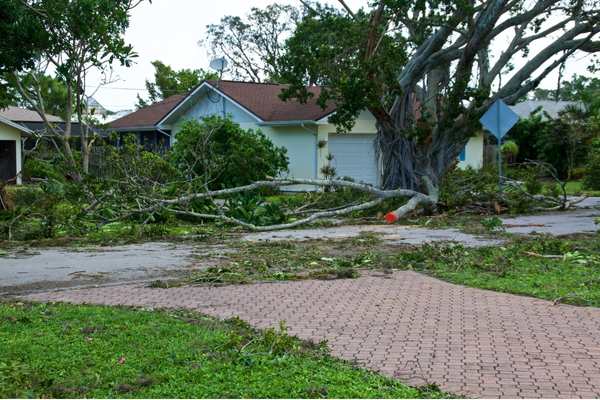While finding great housing is tough, some tenants put up with more hassle than they should. In short, a tenant’s rights are non-negotiable. And you should know your rights as a tenant.
Your Rights as a Tenant
In a rental agreement, both landlord and tenant have certain rights and responsibilities. For example, a landlord must maintain a safe and functional living space. Additionally, the home must adhere to the guidelines set in the lease agreement. Furthermore, tenants also have certain rights under federal, state, and even local laws.
Right to a Habitable Home
You have the right to a livable space that meets basic human needs like shelter, water, and safety. Ultimately, a habitable home means that your rental remains structurally sound and in good condition. For example, the wiring, plumbing, and windows should all be up to code and in working order. You should also have access to running water, heat, and air conditioning.
Additionally, you have the right to request repairs from your landlord in a timely manner. State law requires the landlord to make necessary repairs in a reasonable amount of time following the tenant’s notice. However, if they fail to do so, you have the right to hire someone to make the repairs and deduct the cost from your rent payment. In some cases, you may even be able to withhold rent or even move out without notice.
Habitable homes should have:
-
A roof that keeps out rain and snow
-
Reliable hot water
-
Sufficient Heat
-
Sturdy walls and flooring
-
Reasonable protection from criminal activity
Anti-Discrimination Laws
The Fair Housing Act is a federal law that protects tenants from discrimination based on race, color, national origin, religion, sex, familial status, or disability. Ultimately, landlords cannot refuse to rent to you or terminate your lease simply because of any of these protected characteristics.
The Fair Housing Act isn’t the only law providing tenants protections. Many states have laws prohibiting discrimination in housing. For example, the Texas Commission on Human Rights Act prohibits discrimination in housing based on race, color, religion, sex, national origin, disability, age, or familial status.
Suppose you believe that you have been the victim of housing discrimination. In that case, you can file a complaint with the U.S. Department of Housing and Urban Development (HUD). Additionally, you may be able to bring a civil lawsuit against your landlord. Therefore, it is essential to speak with a real estate lawyer in Texas who can help you understand your rights and options.
Tenant has a Right to Privacy
Landlords and tenants generally have a reciprocal right to privacy. This means that landlords cannot enter your rental unit without giving you reasonable notice. Additionally, they must obtain your consent, unless there is an emergency. Most state laws require that landlords provide tenants with a 24-hour notice before entering the rental unit.
If you live in a rent-controlled jurisdiction, additional rules may govern when and how often your landlord can enter your home. For example, some cities only allow landlords to enter units for inspections or repairs if they give tenants advance notice and are present during the entry.
Security Deposits
The cost of security deposits must follow specific requirements. Additionally, each state specifies different rules on how landlords must handle security deposits. In most states, landlords can collect a security deposit equal to one or two months rent. However, many states do not limit charges a landlord can require as a security deposit.
Landlords must place security deposits in a separate, interest-bearing account. Additionally, they cannot use the money for any other purpose. Some states also require that landlords provide tenants with information about the balance of their security deposit at least once a year. Moreover, when you move out of a rental unit, your landlord must return your security deposit within a specific timeframe, usually 30 days.
Additional factors such as having a pet or smoking in the unit may also lead to an additional security deposit. Above all, tenants need to understand their rights and what they may be liable for when renting a property. Therefore, if you have any questions about your security deposit or other tenant rights, it is best to speak with a real estate lawyer in Texas.
Why hire a Real Estate Lawyer in Texas?
If you have any legal questions or concerns about your rights as a tenant, consult with an experienced real estate lawyer in Texas to learn about your rights as a tenant. At Dooley Noted, we help protect tenants’ rights and get the most out of their rental agreement. Additionally, we can help you understand your lease agreement, negotiate with your landlord, and resolve any disputes that may arise during your tenancy. Contact us today for a free consultation.




